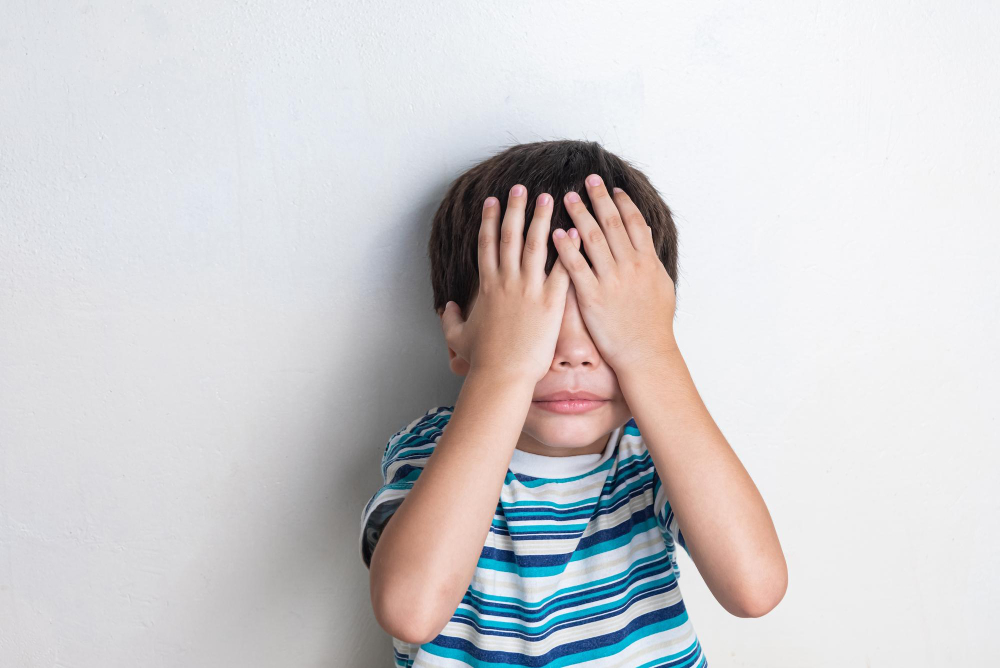Kapanlagi.com - Early childhood is a stage of growth that plays a significant role in individual development. At this stage, children experience rapid growth, both physically and cognitively, which forms the basis for their character formation in the future.
The National Education System Law Number 20 of 2003 Article 28 paragraph 1 determines the age range of early childhood as between 0 and 6 years old. Children in this period often show uniqueness in how they interpret and respond to their environment. Therefore, a deep understanding of the characteristics and needs of early childhood is very important for parents and caregivers to provide optimal support.
The module The Essence of Early Childhood compiled by Dr. Sri Tatminingsih, M.Pd., and Iin Cintasih, S.Pd., M.Pd., explains several characteristics of early childhood, as summarized on Thursday (7/12/2023).
1. Unique

Photo: Freepik
Every child shows distinctive uniqueness from one another. Each individual brings different characteristics, interests, preferences, and backgrounds, which become determining factors of each child's uniqueness.
Although there are general developmental patterns that can be observed in the process of a child's growth, each child's developmental and learning patterns remain unique and cannot be equated with other children.
2. Egocentric

Photo: Freepik
Most children have egocentric traits. They tend to be selfish and only focus on their own interests. In the early stages of age, children see everything from their own perspective, based on limited understanding. Additionally, they also tend to interpret that everything they desire belongs to them.
3. Active and Energetic

Photo: Freepik
In early childhood, children are often depicted as individuals who never seem to stop moving, except when they are asleep. Children at this stage have a tendency to constantly try and engage in various activities without feeling tired, especially when they discover new activities that they find exciting and interesting.
4. High Curiosity

Photo: Freepik
Children often ask their parents endless questions, indicating a very high level of curiosity. In the early stages, they encounter various new things around them, which triggers an increased curiosity about anything that catches their attention.
This curiosity has a positive impact, as it provides them with an opportunity to acquire new knowledge. Additionally, the level of curiosity children possess can also stimulate their cognitive development. The more they want to know, the greater their thinking abilities.
5. Reckless

Photo: Freepik
Early childhood tends to act spontaneously and recklessly. They do not consider the potential dangers of their actions and tend to do whatever they want without thinking about the consequences that may arise.
Although such actions can harm them, children at this age often do not have full awareness of the risks associated with their behavior.
6. How to Shape the Character of Early Childhood?
To shape the character of early childhood, parents can introduce religious education as one of the important aspects. In addition, it is important for parents to be firm and not spoil their children when they make mistakes, so that children can understand the boundaries and norms that apply. This approach helps shape attitudes, values, and discipline in children from an early age.
7. Who Plays a Role in Shaping the Character of Early Childhood?
In addition to family and the surrounding social environment, schools play a crucial role in shaping the character of young children. Schools are one of the factors that contribute to the formation of values, social skills, and personal development of children in the early stages of their development.
8. What Influences a Child's Character?
The most significant factor in shaping a child's character is the role of parents. In addition to that, a child's character is also influenced by their surrounding environment, the education they receive, and the emotional pressures they may experience.
(kpl/kaq)
Disclaimer: This translation from Bahasa Indonesia to English has been generated by Artificial Intelligence.

















